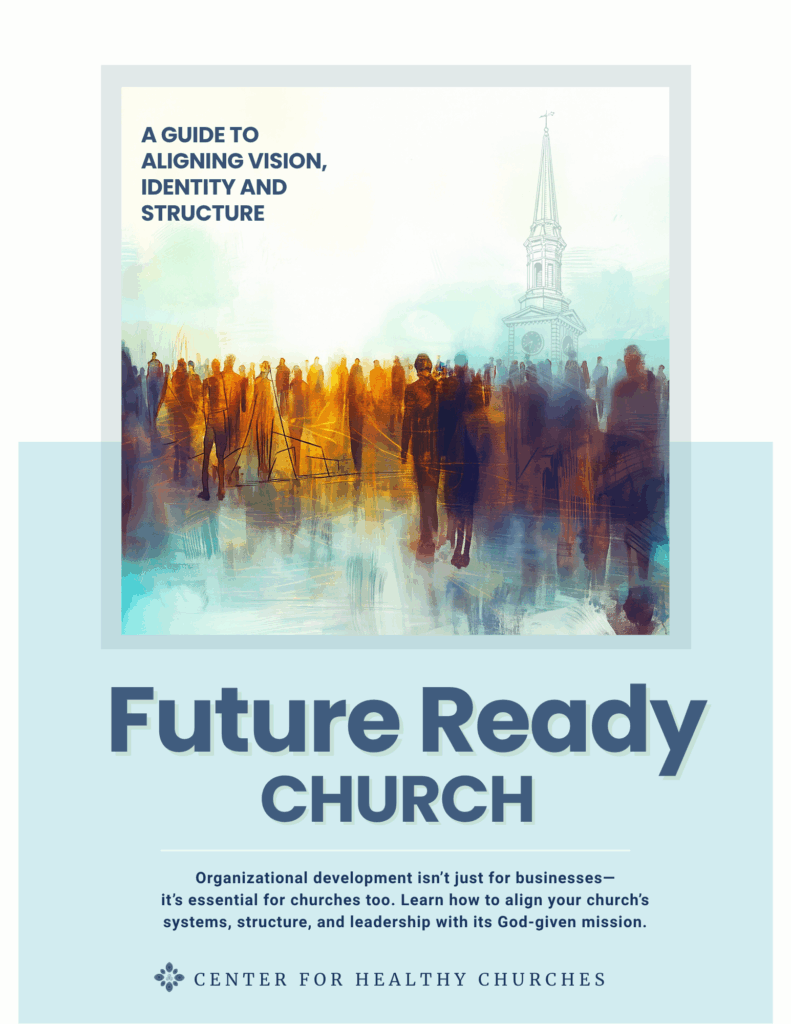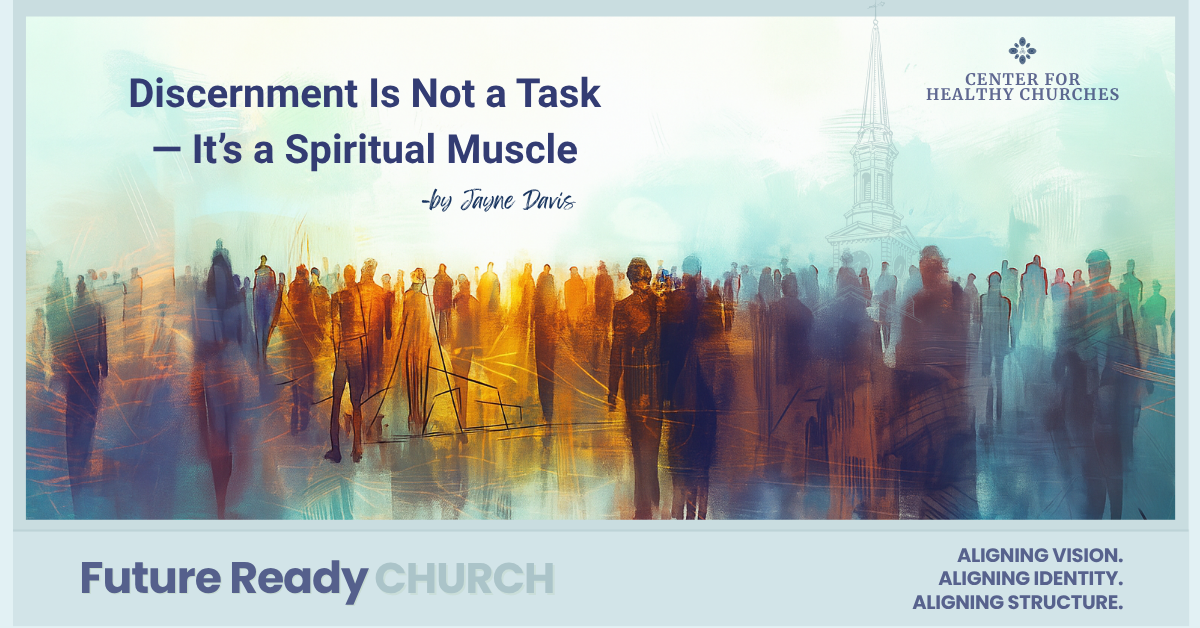Church leaders today are navigating a rapidly changing world. The next ten years will bring new challenges, complex decisions, and spiritual uncertainty. In this shifting landscape, discernment is not just a leadership task—it’s a spiritual muscle that needs to be strengthened regularly.
Hearing God’s Voice
Discerning God’s voice isn’t easy. It’s like trying to hear a whisper in a noisy room. Voices of culture, personal doubts, and competing agendas make it hard to listen clearly. But just as we can move closer to someone speaking softly or quiet the room around us, we can also create space and habits that help us hear the Holy Spirit more clearly.
Biblical Models of Discernment
Scripture shows us that discernment didn’t just happen for biblical leaders like Moses, Samuel, Elijah, or Jesus. They cultivated a way of living that made them more receptive to God’s guidance. They built patterns, attitudes, and practices that tuned their hearts to hear the Spirit’s voice.
Strengthening Your Discernment Muscle
As leaders, we need to do the same. If we want to guide our churches into a faithful future, we must build up our discernment muscle. Here are four ways to begin:
1. Cultivate Holy Curiosity
In Exodus 3, Moses notices a bush that’s on fire but not burning up. Instead of ignoring it, he stops and looks. Only then—after he pays attention—does God speak.
Curiosity opens the door to spiritual encounters. But burnout, cynicism, and distraction often keep us from noticing what God is doing. We miss the holy moments because we’re too tired or too busy to look.
As leaders, we must stay spiritually curious.
What is God stirring right in front of us that we haven’t yet noticed? What unusual or surprising thing might be a divine invitation?
2. Watch for Patterns
Discernment is rarely about a single moment. It often emerges through repetition. In 1 Samuel 3, God calls to young Samuel four times before he and Eli realize it’s the Lord speaking.
God is patient and persistent in calling to us. But are we paying attention?
Look for themes in conversations, recurring situations, persistent questions, or repeated dreams or longings. Invite others into that process—what do they see that you might miss?
Discernment strengthens when we learn to recognize divine patterns rather than chase isolated signs.
3. Step Out of the Cave
In 1 Kings 19, Elijah is exhausted, isolated, and defeated. He has seen God move powerfully, but now he hides, overwhelmed by fear. God meets him where he is—not in the earthquake or the fire, but in a gentle whisper – after calling him to step out of the cave.
Fear dulls our listening. Isolation distorts our discernment.
The road ahead for the church will require courageous leadership. That means stepping into uncertainty and uncomfortable conversations, facing hard truths, and refusing to lead from fear.
Build rhythms of rest and spiritual nourishment, yes—but don’t stay hidden. Build the courage to leave the cave.
4. Know Who You Are
Before Jesus began his ministry, he faced three temptations from Satan. Each one tried to distort his identity: prove your worth by what you do, what others say, or what you possess.
Jesus resisted because he was secure in who he was—God’s beloved Son.
Our discernment is weak when our identity is tied to success, applause, or control. When we forget who we are, we’re more likely to chase the loudest voices that most affirm us or feed our insecurity instead of the Spirit’s whisper.
Stay grounded in who you are in Christ.
Discernment Is a Posture, Not a Process
Discernment is not a strategy session with a prayer tacked on. It’s a spiritual posture that must be exercised over time. Like any muscle, if left unused, it atrophies. But if trained – through curiosity, attentiveness, courage, and identity in Christ – it becomes a reliable strength.
Final Encouragement
The next 10 years will require churches that can respond nimbly to change, faithfully to mission, and boldly to opportunity. That starts with leaders whose discernment muscles are strong.
Be building yours now. And help your people do the same.
📌 Related Future Ready Church Blogs:
- Facing Reality: The First Step in Visioning for Your Church’s Future (Bill Wilson)
- 5 Organizational Pitfalls That Keep Churches Stuck (Barry Howard)
- Before You Make a Plan, Name the Pain (David Brubaker)
- Stop Hiring for Yesterday – Structure Your Church for Tomorrow (Ellen Baxter)
At the Center for Healthy Churches, we understand how hard it can be to invite outside help. Our Organizational Development team walks alongside churches to align vision, mission, identity, and strategy – not with canned solutions, but with listening, wisdom, and practical next steps that fit who you are and where God is leading you. Contact Us for questions or to discussion your needs.

Future Ready Church Resources
The Future Ready resources equips church leaders with practical tools and frameworks to align their congregation’s vision, identity, and structure for effective, Spirit-led ministry in today’s changing world.

Leave a Reply